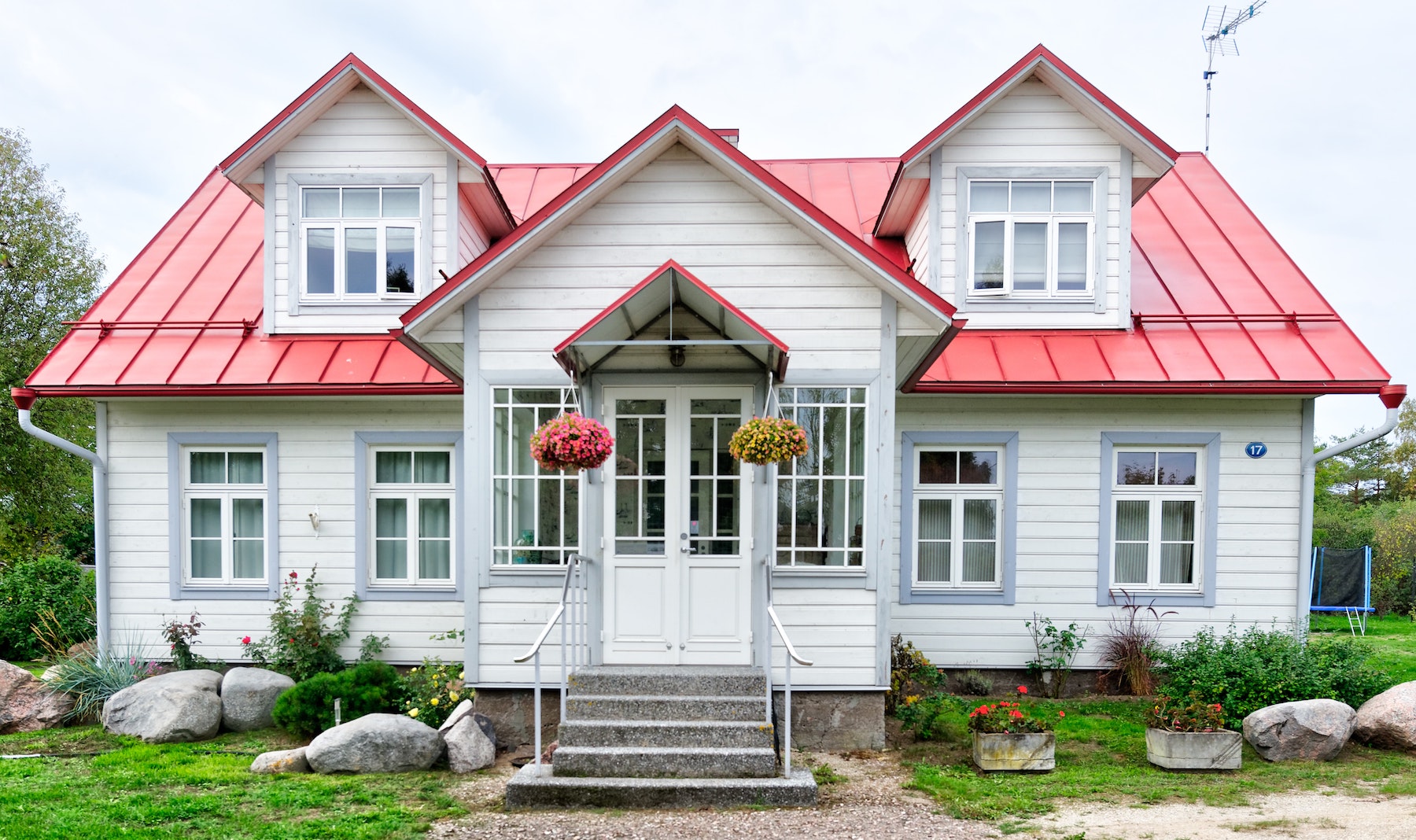Many people want to own their own home. Has the COVID-19 crisis changed the goals or ambitions of future buyers? Despite the crisis, real estate and financial health often go hand in hand. Thinking of becoming a homeowner? Here’s some food for thought.
Results of the study on financial health and home ownership
Genworth, Canada’s largest mortgage insurer, has conducted a comprehensive study on homeownership and the financial health of Canadians. According to this study, homeowners are in a better financial situation than non-homeowners. No wonder 68% of Canadians have chosen to become homeowners. Also, 42% of those intending to buy their first home in the next two years are likely to say their financial health has improved. Has the COVID-19 crisis had a negative impact on Canadians’ desire to become homeowners? On the contrary, there has been a slight increase in the proportion of people expecting to buy a home in the next two years. More Canadians see this as a good time to buy. The number of homeowners who want to sell and buy another home doubled between 2018 and 2020, despite the current crisis. Among them, 43% of home buyers are putting down a down payment of more than 20% of the property’s value. You can consult the entire study by clicking on this link.
Become a homeowner to improve your financial health
When you’ve been a homeowner for a while, repaying the principal on your mortgage becomes forced saving. Of the amount you pay on your mortgage, a portion goes towards interest, but the other portion becomes principal. This is one of the reasons why becoming a homeowner can be the best way to improve your financial health. The capital gain you realize can be as profitable as an RRSP, because your property will increase in value over time. A house or condo is therefore a tax-sheltered investment. Beware of rental properties, however, as gains on these are taxable. In short, if you have the financial means to pay a mortgage, remaining a tenant means depriving yourself of significant gains.
Is home ownership important to you?
Beyond the financial aspects, it’s important to ask yourself whether becoming a homeowner is important to you. For many people, owning the place where they live is a goal to be reached, a dream to be realized. But owning a house, condo or building comes with a lot of responsibility. Additional expenses, renovations and maintenance should not be overlooked in your decision-making process. To avoid unpleasant surprises, we recommend that you always perform due diligence.

Photo credit: Jacques Bopp
Is it better to rent or buy?
We often hear that it’s more advantageous to remain a tenant if your rent is low. It’s possible, but on two conditions. Firstly, your rent must be very affordable and not undergo any drastic increase. Secondly, you absolutely must have the discipline to save the difference from the amount you would pay in mortgage. If you don’t put aside the money you save, your financial health will suffer greatly in the long term. For some, becoming a homeowner is easier than for others, because they have no choice but to pay off their mortgage and build capital for the future.
How to improve your financial health before becoming a homeowner
Homeowners are often in better financial health, because they make constant efforts to improve their situation. Here are four things you can do to improve your financial health before becoming a homeowner:
1. Check your credit rating
Your credit rating is what banks look at when you apply for a mortgage. It has a direct impact on whether or not they accept your loan, and on the interest rates they offer you.
You can obtain a copy of your credit file from Equifax Canada and TransUnion Canada.
2. Pay off or reduce your debts
Reduce your debts as much as possible, starting by paying off your credit card balances.
3. Save
It’s easy to say, but not always easy to do. It takes discipline. To help you maximize your RRSPs, TFSAs and other savings accounts, consider enrolling in an automated savings program with your financial institution.
This will help you make the downpayment you need to become a homeowner.
4. Keep to your budget
Draw up a realistic budget, and stick to it. Having an overview of your cash inflows and outflows is the best way to improve your financial health.
It’s the right time to become a homeowner with Jean-Guy Ayotte’s team
Jean-Guy Ayotte’s experienced brokers know how to help new buyers find the property that suits their needs.
Contact us today to discuss your plans to become a homeowner. Photo credit: Vecislavas Popa